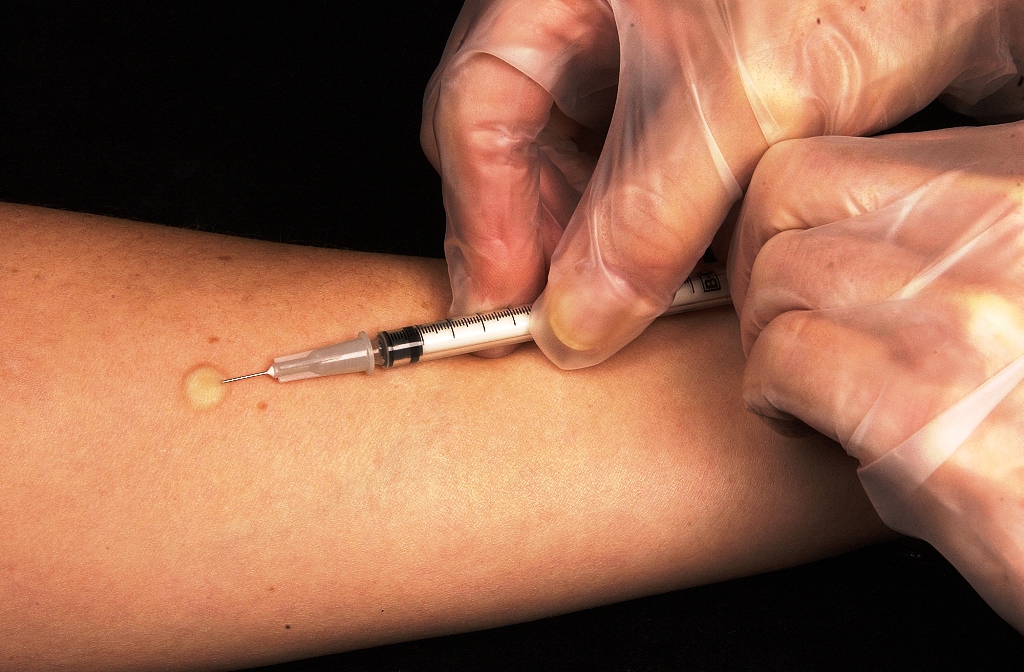THE Ministry of Health, Community Development, Gender, Elderly and Children has improved its ability to screen Tuberculosis (TB) from 37per cent in 2015 to 53per cent in 2018.
This was revealed by the Director of the Prevention Department in the ministry, Dr Leonard Subi, while launching a meeting to review and assess National Plan for Prevention of TB and Leprosy, which involved several stakeholders.
Dr Subi said the ministry had equally increased its efficiency in screening TB through a modern technology using 239 Gene-Expert Machines that the government procured and distributed in various Health Centres countrywide.
He said that the electronic machines showing instant results within two hours, unlike in the previous period when findings could be obtained after 48 hours because of microscopes use.
Dr Subi further explained that the government had made tremendous strides in TB testing and prevention and that deaths, which resulted from the ailment had also been reduced by 27per cent.
Apart from the national plan, he added, there have been massive public education and awareness campaigns provided by the ministry against new infections, adding that made many people to visit Health Centres for voluntary testing as well as early treatment.
“Tanzania is among the countries that have managed to meet the World Health Organisation (WHO) requirements on early detection, and we are on the right direction on prevention and early detection,’’ he noted.
On leprosy, Dr Subi noted that the country had managed to eliminate the deadly disease with exception of 16 district authorities with about 2,000 patients countrywide.
Speaking recently, the Minister of Health, Community Development, Gender, Elderly and Children, Ummy Mwalimu said that Tanzania had recorded dramatic reduction on new leprosy cases in the past five years.
She said that efforts undertaken by the government have reduced new infections from 43 patients in every 1million people in 2014 to 26 in every 1 million people in 2019.
The minister said that according to WHO, Tanzania has attained leprosy elimination level, making the disease to be no longer a public health problem, and that the country has less than ten patients in every 100,000 people according to 2006 statistics.
“According to 2019 statistics, the number of leprosy patients has dropped from 4.3 in every 100,000 people in 2014 to 3 in 100,000 in 2019,” Minister Mwalimu said.







